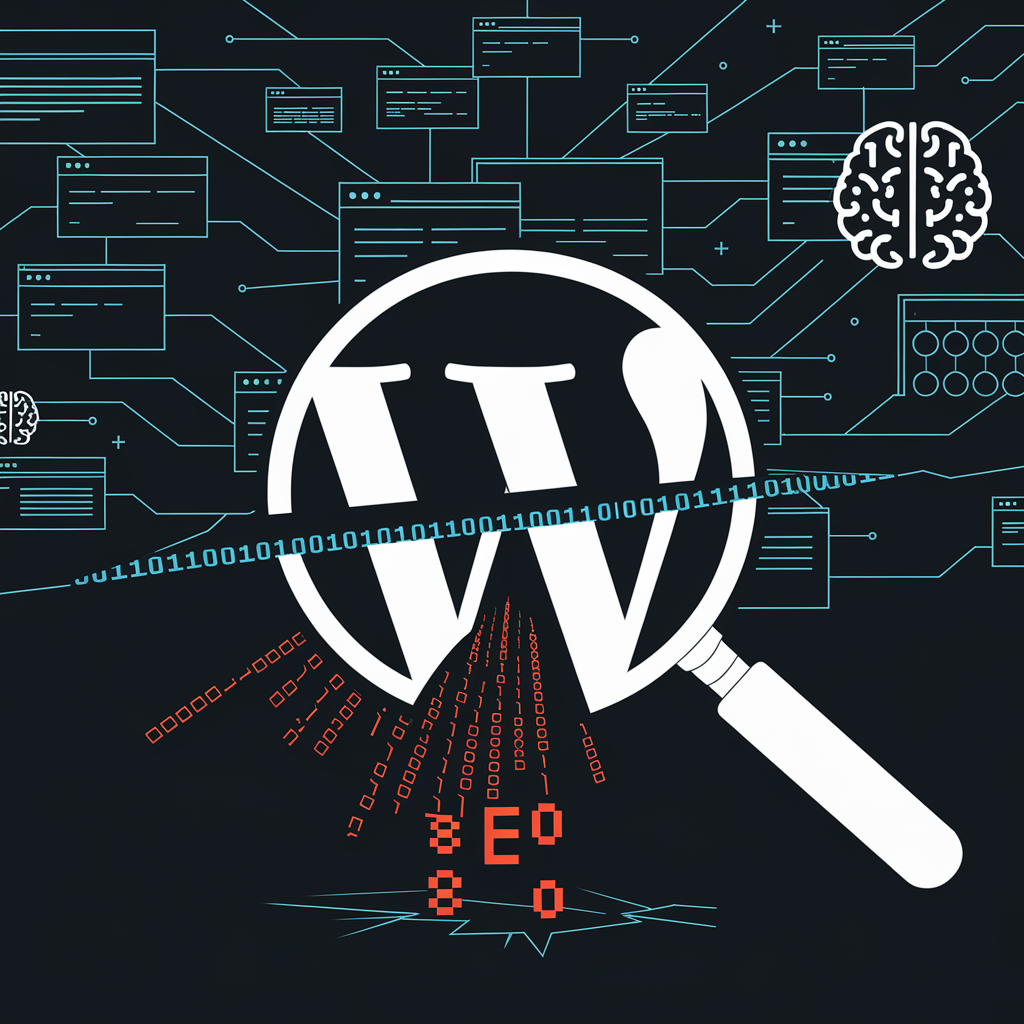In cybersecurity, using AI tools can be both helpful and risky. If not careful, these tools can cause significant risks. In a scenario where a cybersecurity company uses an AI tool to detect and block suspicious activities on their network, if this AI tool isn’t properly trained or has biases, it might miss important threats or flag harmless actions as dangerous, leaving the company’s systems vulnerable to cyber attackers, or leading to false positives.
Biases in the data that AI learns from lead to concerns of discrimination and fairness, and as such, there is an urgent need for an in-depth understanding of the ethical implications of the use of AI in cybersecurity.
What do the ethics of AI mean?
AI ethics involves a set of rules guiding how AI tools are made and used. These rules focus on concerns around keeping people safe and making sure the use of AI is secure. It is important for everyone involved, like developers and engineers, to adopt an ethical approach to AI integration, especially in cybersecurity.
Top 3 reasons for ensuring Ethical and Responsible Use of AI-powered Tools in Cybersecurity
There are several reasons why there is a need for the responsible and ethical use of AI in cybersecurity, some of which include:
- Privacy Protection: Artificial intelligence (AI) tools process a lot of data, including private and sensitive data. The ethical use of AI guarantees the protection of individual privacy rights and the ethical handling of data in compliance with applicable laws and ethical standards.
- Risk Mitigation: If AI tools are not used and managed properly, they might create new risks and vulnerabilities in cybersecurity systems. To guarantee the general security and resilience of systems, ethical usage of AI entails detecting and reducing these risks.
- Regulatory Compliance: There are several laws and regulations in place in different countries and areas that control cybersecurity, data privacy, and AI use. The ethical application of AI guarantees adherence to these rules and assists in avoiding negative legal and regulatory outcomes.
8 Steps to Ensure Ethical Use of AI in Cybersecurity
Several significant steps and factors must be taken to ensure the ethical and responsible use of AI in cybersecurity, some of which are:
- Ensure that ethically produced and representative data is used to train the AI models. Biases in the training data can cause AI systems to erroneously produce biased judgments or make inaccurate conclusions.
- With AI tools in cybersecurity, there is a need for continuous human review and supervision. This is to reduce false positives.
- Proper verification should be put in place to ensure that the AI tool is compliant to laws, regulations, and ethical standards.
- For evaluation of the ethical consequences of AI applications in cybersecurity, ethics committees or review boards should be established. These committees can assist in resolving any ethical issues that may arise and offer advice on best practices in ethics.
- There’s a need for transparency and accountability in the use of AI-powered cybersecurity tools. Users ought to know when an AI is used, how it is used, and who is accountable for its activities. Additionally, users need to be aware of the decision-making processes used by the AI and the variables it takes into account when flagging vulnerabilities or threats.
- Before integrating AI tools in cybersecurity, an ethical impact assessment should be conducted to identify potential risks.
- Educate and train end users, cybersecurity experts, and AI developers on the ethical and responsible applications of AI in cybersecurity. This includes bringing attention to the potential risks, biases, and ethical issues surrounding the use of AI.
- Lastly, frequent auditing and monitoring should be put in place to conduct routine audits on AI-powered cybersecurity tools. This entails keeping an eye out for unexpected consequences and making sure the AI tool complies with ethical standards.
Conclusion
While integrating AI capabilities into cybersecurity brings many advantages, there are also ethical concerns to consider. Organizations should consider ethical concepts a top priority while integrating AI into cybersecurity. Organizations can use AI to improve cybersecurity while preventing possible risks by enforcing strong ethical standards, putting strict supervision procedures in place, and encouraging accountability and transparency.





